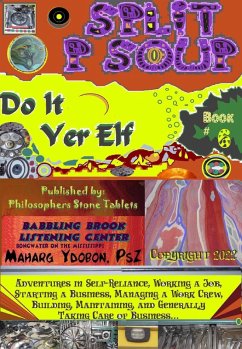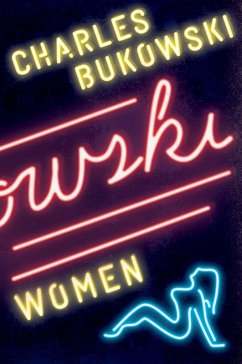
Split P Soup: Strive to Survive (Book 2) (eBook, ePUB)

PAYBACK Punkte
0 °P sammeln!
This work follows the same format as Book One: Juvenility. If you didn't read that, then you may find yourself a bit lost in some of the contexts here. However, each interview stands alone as a first-person account of events, attitudes, dreams, or whatever is being recorded. So, one could start anywhere and find substance. But, the author advises that starting at the beginning would be best, in order to have the proper contexts. These are "coming of age" stories set in the 1970s, about the time that the author transitioned from school to real work. That's when he had to face the reality that s...
This work follows the same format as Book One: Juvenility. If you didn't read that, then you may find yourself a bit lost in some of the contexts here. However, each interview stands alone as a first-person account of events, attitudes, dreams, or whatever is being recorded. So, one could start anywhere and find substance. But, the author advises that starting at the beginning would be best, in order to have the proper contexts. These are "coming of age" stories set in the 1970s, about the time that the author transitioned from school to real work. That's when he had to face the reality that survival is hard work, and that to survive one needs to strive (unless one was born on the lucky side of the tracks...) This is when the concept of working hard -- or going broke -- became the reality for a lot of young folks. Anyway, this book is dedicated to people working out ways to strive to survive
Dieser Download kann aus rechtlichen Gründen nur mit Rechnungsadresse in A, B, CY, CZ, D, DK, EW, E, FIN, F, GR, H, IRL, I, LT, L, LR, M, NL, PL, P, R, S, SLO, SK ausgeliefert werden.













